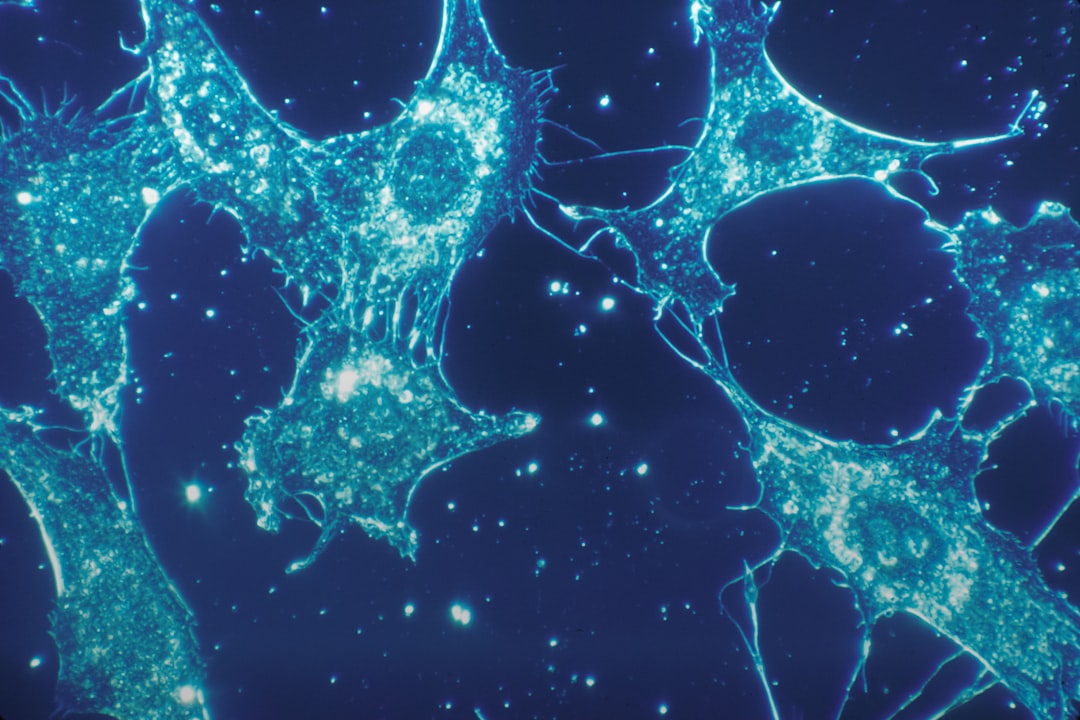So, you’ve just finished your 12th grade with biology! Awesome! That means you’ve got a world of exciting possibilities open to you. Maybe you’re feeling a little overwhelmed figuring out what to do next. Don’t worry, you’re not alone. This guide will explore some cool job options that don’t necessarily require you to jump straight into a super long university program.
What Can You Do Right After 12th with Biology?
A lot of people think that if you study biology, you automatically have to become a doctor or a scientist. While those are great paths, they definitely aren’t the only ones. Your biology background gives you a strong foundation in understanding life, health, and the environment. This knowledge is super valuable in many different fields.
Lab Assistant/Technician
Labs are everywhere – in hospitals, research centers, universities, and even food processing plants! As a lab assistant, you’d help scientists and researchers with their work. This might involve preparing samples, cleaning equipment, recording data, and generally keeping the lab running smoothly. It’s a great way to learn more about research and see if a career in science is right for you. Plus, it’s often an entry-level position that provides on-the-job training.
Pharmacy Assistant
Pharmacies are always busy, and they need people to help the pharmacists! As a pharmacy assistant, you’d help with tasks like dispensing medications, managing inventory, and assisting customers. Your biology background will help you understand the medications and how they work. This is a good way to get into the healthcare field and see if you enjoy working with people and medicine.
Healthcare Assistant
Many hospitals and clinics need healthcare assistants to help nurses and doctors. Your biology knowledge will be valuable as you assist patients with basic needs, take vital signs, and help with other tasks. This provides valuable experience if you later want to pursue nursing or other advanced healthcare roles.
Veterinary Assistant
Love animals? A veterinary assistant helps vets care for animals in clinics and hospitals. You might help with exams, give medications, clean cages, and provide comfort to animals. This is a great option if you’re passionate about animal health and want to work in a veterinary setting.
Horticulturist Assistant/Gardener
If you have a green thumb and enjoy being outdoors, consider working as a horticulturist assistant or gardener. Your biology knowledge will help you understand plant growth, soil science, and pest control. You could work in gardens, parks, nurseries, or even greenhouses.
Food Quality Controller
Food companies need to make sure their products are safe and meet quality standards. As a food quality controller, you’d check food samples, analyze data, and ensure that food processing meets hygiene regulations. Your biology background will help you understand food safety and microbiology.
Medical Transcriptionist
Medical transcriptionists listen to recordings from doctors and other healthcare professionals and transcribe them into written reports. While this often requires specific training in medical terminology, your understanding of biology and anatomy will be a huge advantage. Many online courses can help you get the required certification.
Science Museum/Zoo Assistant
If you enjoy sharing your love of science with others, consider working at a science museum or zoo. You might assist with exhibits, lead tours, and educate visitors about science and animals. This is a fun and engaging way to use your biology knowledge.
Further Education & Training
Even if you take on one of these jobs, it doesn’t mean you have to stop learning! Many of these roles can be stepping stones to further education. You can work for a year or two to gain experience and save up money for college or further training. You might even find that your employer is willing to help pay for your education.
- Certifications: Some jobs, like medical transcriptionist, will require certifications. Look into short courses or online programs to boost your qualifications.
- Diplomas: Diplomas in related fields like medical lab technology or pharmacy assisting can open up more doors and increase your earning potential.
- Bachelor’s Degrees: Eventually, you might decide to pursue a bachelor’s degree in biology, nursing, or another related field. The experience you gain working will give you a head start in your studies.
Skills You’ll Need
No matter which job you choose, some skills will be important:
- Attention to detail: Biology often involves precise measurements and observations.
- Communication skills: You’ll need to be able to communicate clearly with colleagues and customers.
- Problem-solving skills: Be ready to think critically and find solutions to problems.
- Computer skills: Many jobs require you to use computers for data entry, analysis, and communication.
- Teamwork: Most workplaces require you to work effectively with others.
Frequently Asked Questions
What if I’m not sure what I want to do?
That’s perfectly okay! Try exploring different options. Volunteer at a hospital, shadow a veterinarian, or talk to people who work in different biology-related fields. The more you explore, the clearer your path will become.
Are these jobs well-paid?
Entry-level jobs usually don’t pay a lot, but they offer valuable experience and can lead to better-paying positions in the future. Your salary will also depend on your location and the specific job.
Where can I find these jobs?
Look online on job boards like Indeed, LinkedIn, and Glassdoor. You can also check the websites of hospitals, clinics, labs, and other organizations that interest you. Don’t be afraid to reach out to companies directly to inquire about job opportunities.
So, there you have it! A biology background after 12th grade opens up a range of possibilities. Don’t be afraid to explore different options and find the path that’s right for you. Good luck!

